The pandemic nightmare in the beer industry
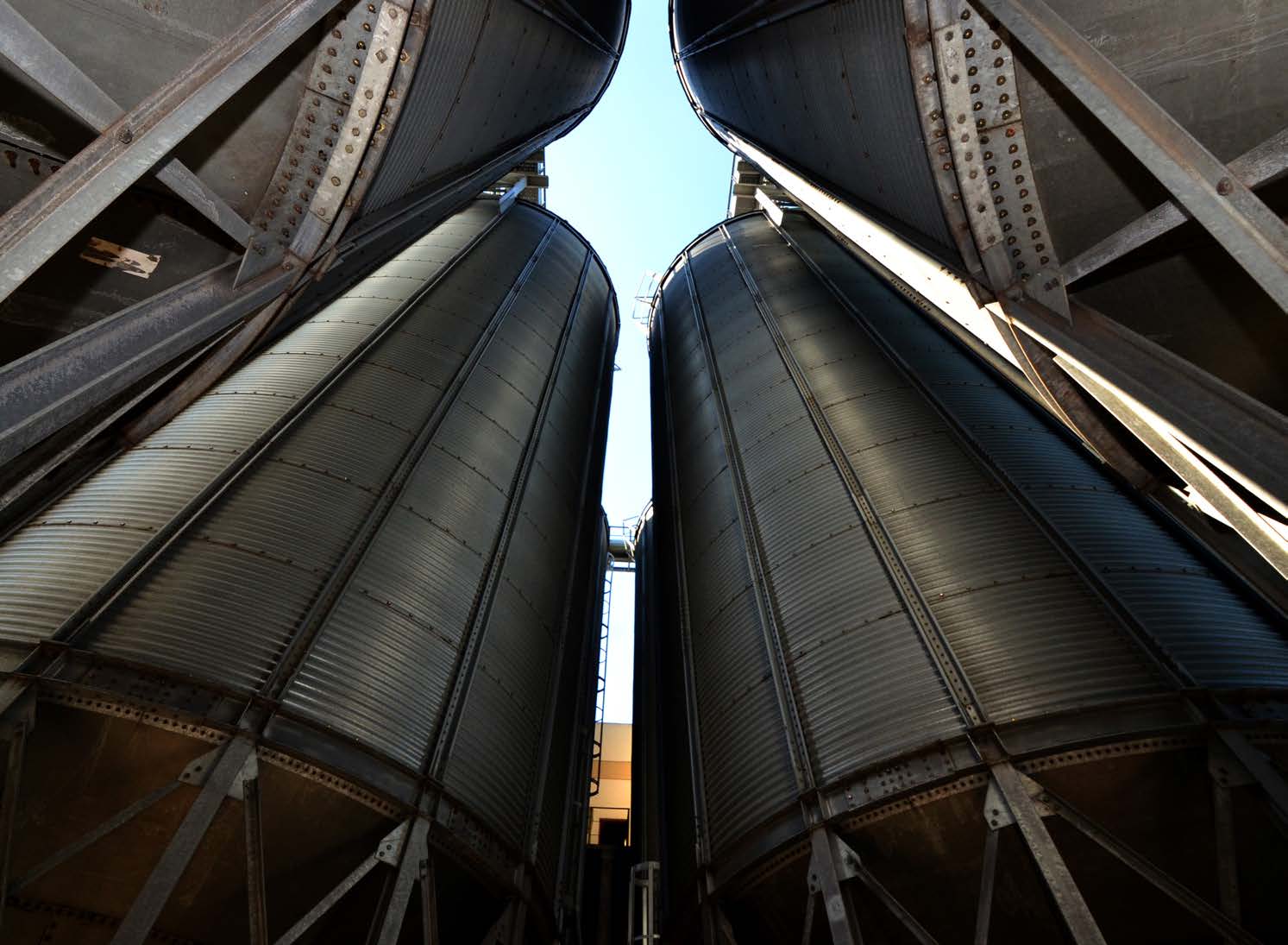
If the pandemic brought down all the key sectors of the economy, the beverage industry, especially the beer industry, was definitely not immune. With the closure of multiple entertainment and leisure establishments in March, under the decree of the first state of emergency, renewed until September as a way to contain the spread of SARS-Cov-2, the breweries saw their revenues drop sharply and were forced to adapt to stay afloat.
“2020 showed us that we must be cautious when it comes to forecasts”
During that period, the sale of beer was restricted. As a result of this and the consumption restriction, the National Statistics Institute (INE) revealed in September that, during the second quarter of 2020, the amount of domestic and imported beer sold decreased by 93.9 and 51% respectively, if compared to the same period in 2019. “In relation to the previous quarter, sales of domestic beer increased by about 114.9%, while sales of imported beer decreased by about 39.1% in this quarter,” it mentioned.
“We are facing an atypical reality” – this is how Cervejas de Moçambique (CDM) characterizes the first months of the pandemic in the country. This crisis affected its revenues and the more than 140,000 people that make up the entire production chain.
Without mentioning numbers, Hugo Gomes, CDM’s Director, revealed that, despite the company’s liquidity, which he states as being reasonably good, the closing of bars, stalls, clubs, among others, has undoubtedly had a considerable impact on the volume of sales. Therefore, “we think it is crucial that the Government approves a set of fiscal measures in order to mitigate the impact of Covid-19. I am referring particularly to IRPC, ICE and VAT.”
Heineken, which has recently started operating in the national territory, also did not escape the remnants of the crisis caused by the pandemic. Worldwide, this brewing group recorded in the first semester a loss of revenue estimated at 500 million euros. Its net income fell by 16.4% while restrictions related to coronavirus intensified in the second quarter, dropping its shares by more than 5%. In a statement, Heineken added that beer revenue and volumes were most affected in the Americas, Africa, the Middle East and Eastern Europe.
With gatherings forbidden and stalls and clubs closed, alcoholic beverage resellers found themselves without a market. Manuel Joaquim, owner of an establishment for the resale of alcoholic beverages in one of the neighborhoods on the outskirts of the country’s capital, is an example of the resellers who saw their activity compromised.
“the breweries saw their revenues drop sharply and were forced to adapt to stay afloat”
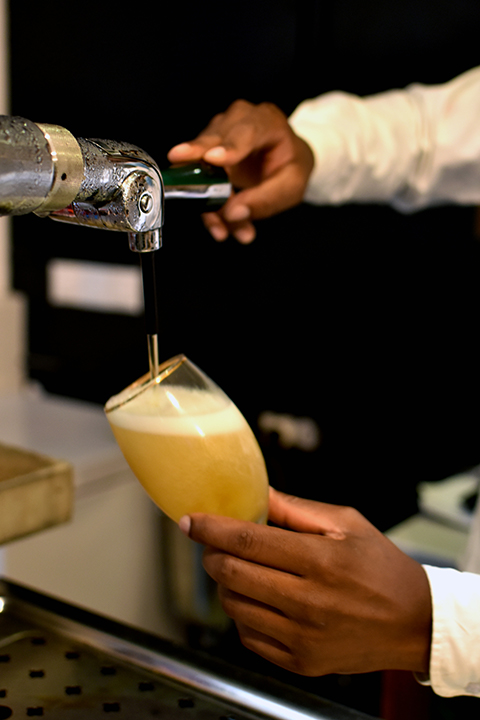
“By the end of the first semester, I had lost approximately 1.5 million meticais. Before entering the emergency period, I had stockpiled well, especially beer, which ended up deteriorating in my establishment,” Manuel Joaquim said.
And to avoid a total collapse of this industry, several measures were adopted by the producers. “We had to adopt a set of preventive measures at our facilities and implemented a series of internal actions in line with the guidelines issued by the Government, in addition to adapting our modus operandi to the new reality,” CDM’s Director points out.
CDM makes a negative assessment of the economic activity. However, it reveals that 2021 will be a year of prosperity. “2020 showed us that we must be cautious when it comes to forecasts. Anyway, we look at 2021 as a year of resuming the growth trajectory that Mozambique had already accustomed us to and we think that CDM will be an active player in contributing to the growth of our economy,” he concluded.
Issue 65 Jan/Feb | Download




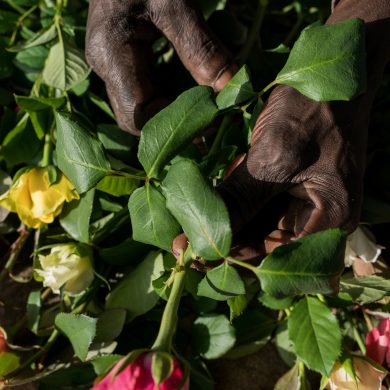

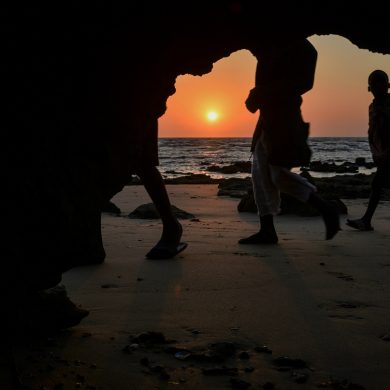























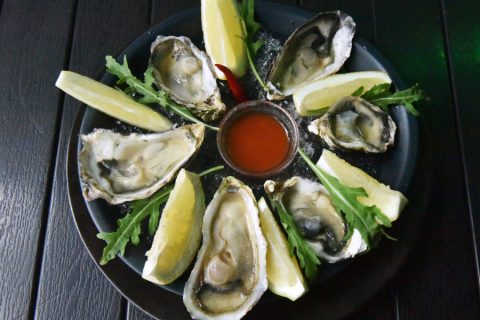



0 Comments